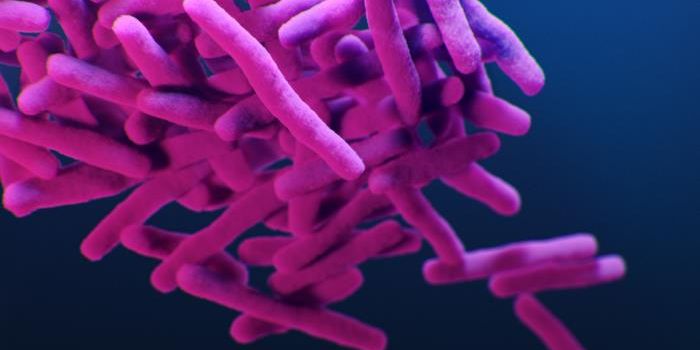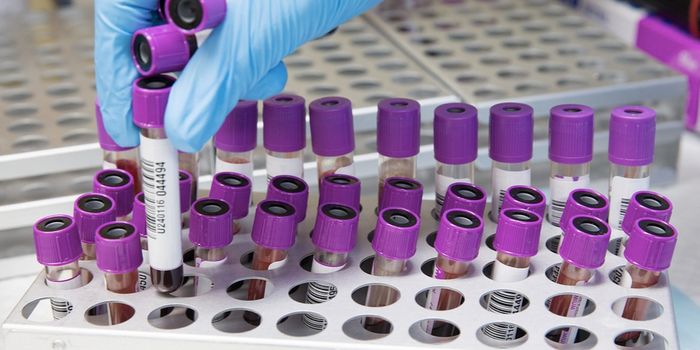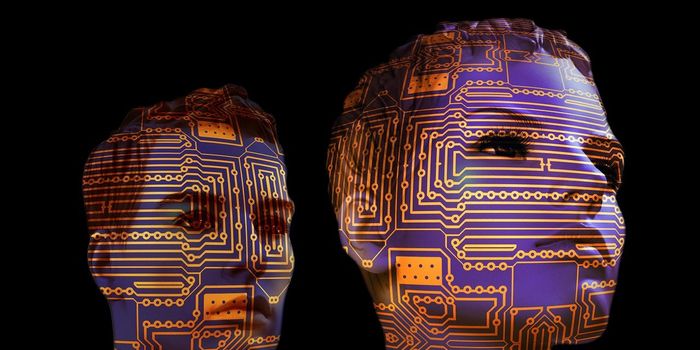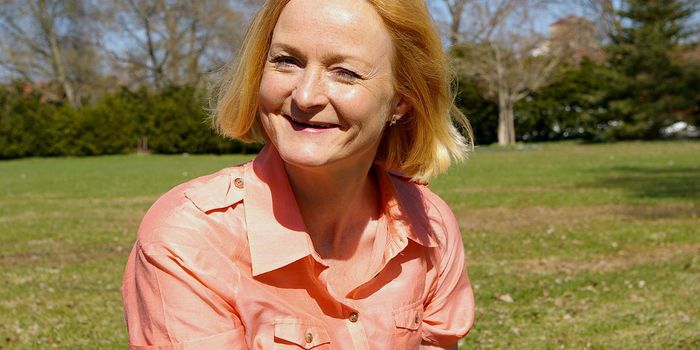Silent Mice Drive Autism Gene Discovery
Around 1 in 54 children in the U.S. are diagnosed with autism spectrum disorder, or ASD, a broad range of conditions that include challenges associated with social skills, communication, and repetitive behaviors. This is not a single condition, but instead, a vast array of autism subtypes thought to be influenced by a complex interplay between genetic and environmental factors.
A recent study published in eLife details the discovery of a gene involved in ASD called KDM5A. This finding is particularly significant, given that experts estimate that many thousands of genetic mutations may be involved in ASD development. Until now, only around a third of cases have been linked to these known mutations. The work was led by Bruce Beutler, M.D., the 2011 Nobel Prize winner in Physiology or Medicine, awarded to him for his extensive work on the molecular basis of inflammation and infection.
"The difficult part in the beginning was finding the mutations. It had to be done by laborious cloning," explained Beutler.
"We developed a platform wherein when you see a phenotype you know the mutational cause at the same time." This technique, which links ASD-like behaviors in mice to a specific genetic root cause, has fast-tracked the search for genetic mutations in ASD.
In the study, Beutler and colleagues used an ASD mouse model in which genetic mutations were artificially introduced into the animals. The team studied how genetic alterations affected ASD development by tracking changes in how the mice communicated. The quality and number of vocalizations in mouse pups diminished with KDM5A mutations.
"Initially we found that the quality of these vocalizations was different in mice with KDM5A mutations. Looking more closely, we found that mice completely lacking KDM5A have a severe deficit in the number of these vocalizations," explained Maria Chahrour, a neuroscientist that led the study.
On top of being quieter than the control pups, these young mice also showed other trademark features of ASD symptoms: repetitive behaviors, difficulties learning, and less social interactions.
"We've identified a new genetic subtype of autism, and we're going to look for more patients with mutations in KDM5A," said Chahrour. "This has a direct impact on diagnosis too. When a clinician gets a clinical sequencing result that reports a KDM5A mutation, it's now a known autism gene."
Ongoing work is focused on further expanding the panel of ASD genetic biomarkers. "The wonderful thing about forward genetics is that we can grind away at the genome. We know progressively how much of the genome we've saturated," commented Beutler.
Sources: eLife, UT Southwestern.









